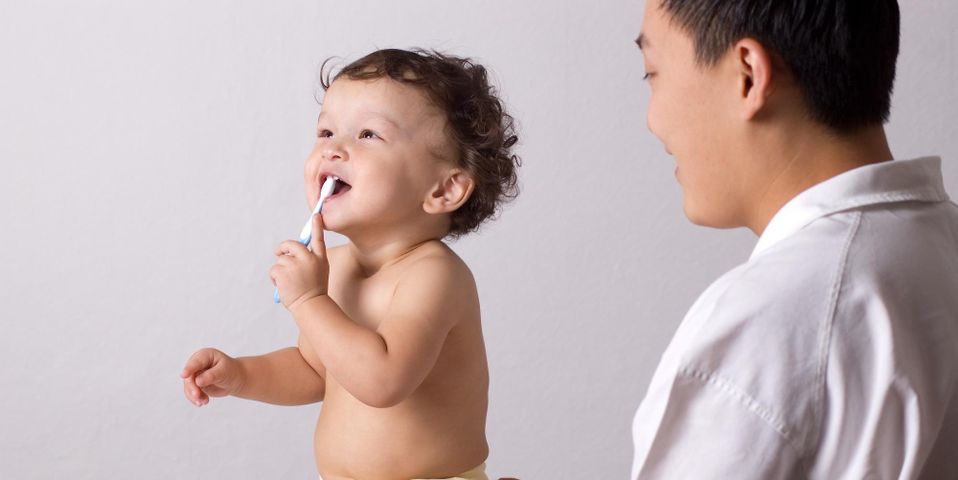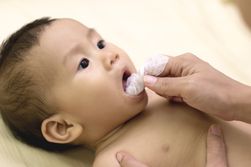What You Need to Know About Your Baby's First Dentist Appointment

The American Dental Association recommends taking children to the dentist by their first birthday or when their first tooth erupts—whichever event comes first. Routine care from an early age is significant because the dentist will monitor your child’s oral development and ensure their teeth emerge without complication.
Why Is Pediatric Dental Care Important?
Early childhood has a few unique conditions that can impact oral health. For example, bottle-feeding can increase a child’s risk of oral decay because drinks are exposed to the teeth and gums for longer periods, possibly encouraging bacterial growth. With prolonged use, drinking from a bottle can also shift teeth out of position and cause an overbite.
It’s a good idea to get your child used to visiting the dentist routinely, so they’re comfortable continuing the practice. Being proactive helps avoid anxiety about future visits.
What Will Happen During Your Baby’s First Dentist Appointment?
 At the first appointment, the dentist will examine your baby’s mouth and talk with you about their oral hygiene. They might demonstrate how to care for your child’s teeth and gums by washing them with a damp washcloth or piece of gauze. They’ll also discuss the teething process and what you can do to make your baby more comfortable, such as massaging their gums and giving them something cold to chew on.
At the first appointment, the dentist will examine your baby’s mouth and talk with you about their oral hygiene. They might demonstrate how to care for your child’s teeth and gums by washing them with a damp washcloth or piece of gauze. They’ll also discuss the teething process and what you can do to make your baby more comfortable, such as massaging their gums and giving them something cold to chew on.
This appointment is an opportunity for you to ask questions about your child’s oral health. Take a few minutes to write down questions in advance, so you know what to cover with the dentist.
Why Should You Care for the Primary Teeth if They Fall Out?
Most children will start to lose their primary “baby” teeth around the age of 6. Even though this first set of teeth only lasts for a relatively short amount of time, it’s still important to take care of them.
The first concern is your child’s comfort and safety. The nerves in your child’s teeth are sensitive, and decay or injury will make their mouth hurt. If they develop plaque and tartar buildup, bacteria from those areas can also create potentially dangerous infections and spread to other organs, like the lungs.
The primary teeth also affect your child’s physical development. When the secondary “adult” teeth start to erupt, they will probably appear in the same area as their first set of teeth. If a tooth is damaged or shifts out of place, it will affect the adjacent teeth.
Finally, pediatric dental care is important because teeth affect how a person talks and chews. If you want your child to speak well and digest properly, you need to attend to their oral health.
If you’re ready to take your child to the dentist for the first time, visit the practice of S. Jill Spurlin, DMD, in Enterprise, AL. The family dentist has served the community for over 26 years and stays abreast of cutting-edge treatments as a member of the American Dental Society. To learn more about her practice and compassionate, inter-generational care, visit her office’s website or call (334) 475-2624 today.
About the Business
Have a question? Ask the experts!
Send your question

